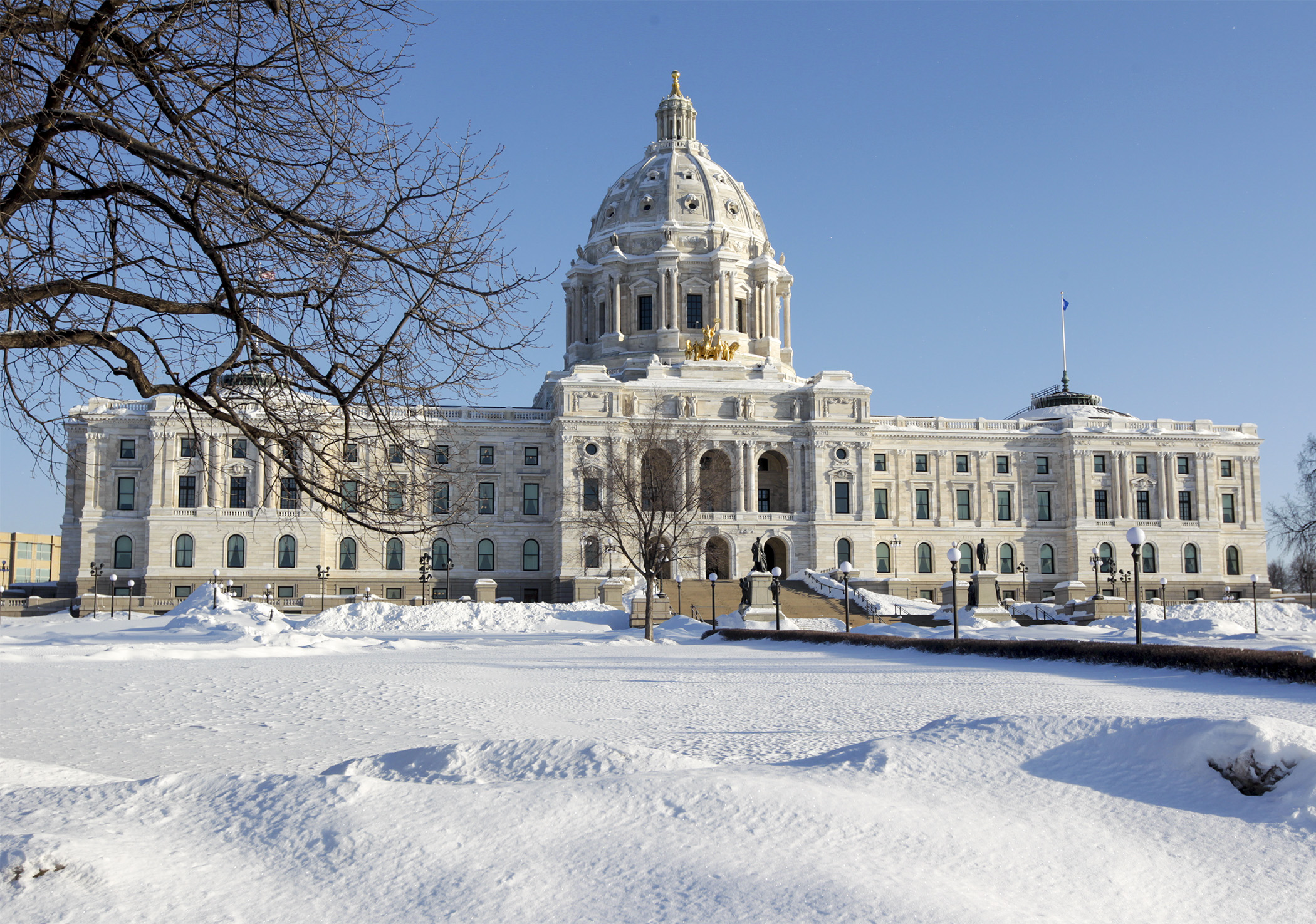Committee OKs $1 billion plan for bonus pay to frontline workers

Frontline workers in a range of industries, from health care to meat packing, could each receive $1,500 for working with the public during the COVID-19 emergency.
HF2900, sponsored by Rep. Cedrick Frazier (DFL-New Hope), would create a program to make $1 billion in total payments to workers whose jobs put them at higher risk of contracting COVID-19.
The bill was approved 9-4 by the House Workforce and Business Development Finance and Policy Committee Wednesday and referred to the House Labor, Industry, Veterans and Military Affairs Finance and Policy Committee.
The companion, SF2650, sponsored by Sen. Erin Murphy (DFL-St. Paul), awaits action by the Senate Jobs and Economic Growth Finance and Policy Committee.
Early in the pandemic, many people had the chance to work from home, but hundreds of thousands went into their jobs with the public. Because of them, people could get groceries, eat at restaurants, go to stores, and Minnesota’s economy kept moving on, Frazier said at a press conference before the hearing.
“It’s because of those workers that we’re in this position now where we have this huge surplus,” Frazier said. “This bill now will provide resources and recognition to all those frontline workers who put their lives on the line day in and day out, to do the work, to help us stay safe, and help us move forward as a state.”
The Legislature approved $250 million last year for frontline worker bonus pay, but lawmakers couldn’t agree during the interim who would be eligible.
Frazier’s bill would appropriate $1 billion from the General Fund in fiscal year 2022 to fund the payments. Those eligible would include workers in a range of areas such as retail, child and senior care, manufacturing, food service, transportation, courts and corrections, emergency services and health care.
Workers in those areas talked about the hardships they faced during the past year and a half. They spoke of COVID-19 exposures, using all their sick leave, paying for their own protective equipment, separating from family to avoid exposing them, and of losing loved ones to the virus.
“We’re exhausted, we’re sick, we’re underpaid and we’re essential,” child care worker Alyssa Ingle told the committee.
She added that $1,500 is a meaningful amount to daycare workers, perhaps two paychecks.
The Department of Employment and Economic Development estimates 667,000 workers would be eligible for payments under the bill. Each would receive the same amount with an upper limit of $1,500 in the first round.
The bill also stipulates that if funding remains after the payments are made, a second application period must occur and additional $1,500 payments would be made to eligible applicants until the full appropriation is spent.
To be eligible, people must have worked at least 120 hours in a frontline job between March 15, 2020, and June 30, 2021, and made less than $85,000. The income limit is higher for people who worked directly with COVID-19 patients.
Rep. Keith Franke (R-St. Paul Park) asked about the 120-hour requirement, which works out to be about 8 hours per month.
“We were trying to be as broad as possible,” Frazier said.
Related Articles
Search Session Daily
Advanced Search OptionsPriority Dailies
Speaker Emerita Melissa Hortman, husband killed in attack
By HPIS Staff House Speaker Emerita Melissa Hortman (DFL-Brooklyn Park) and her husband, Mark, were fatally shot in their home early Saturday morning.
Gov. Tim Walz announced the news dur...
House Speaker Emerita Melissa Hortman (DFL-Brooklyn Park) and her husband, Mark, were fatally shot in their home early Saturday morning.
Gov. Tim Walz announced the news dur...
Lawmakers deliver budget bills to governor's desk in one-day special session
By Mike Cook About that talk of needing all 21 hours left in a legislative day to complete a special session?
House members were more than up to the challenge Monday. Beginning at 10 a.m...
About that talk of needing all 21 hours left in a legislative day to complete a special session?
House members were more than up to the challenge Monday. Beginning at 10 a.m...